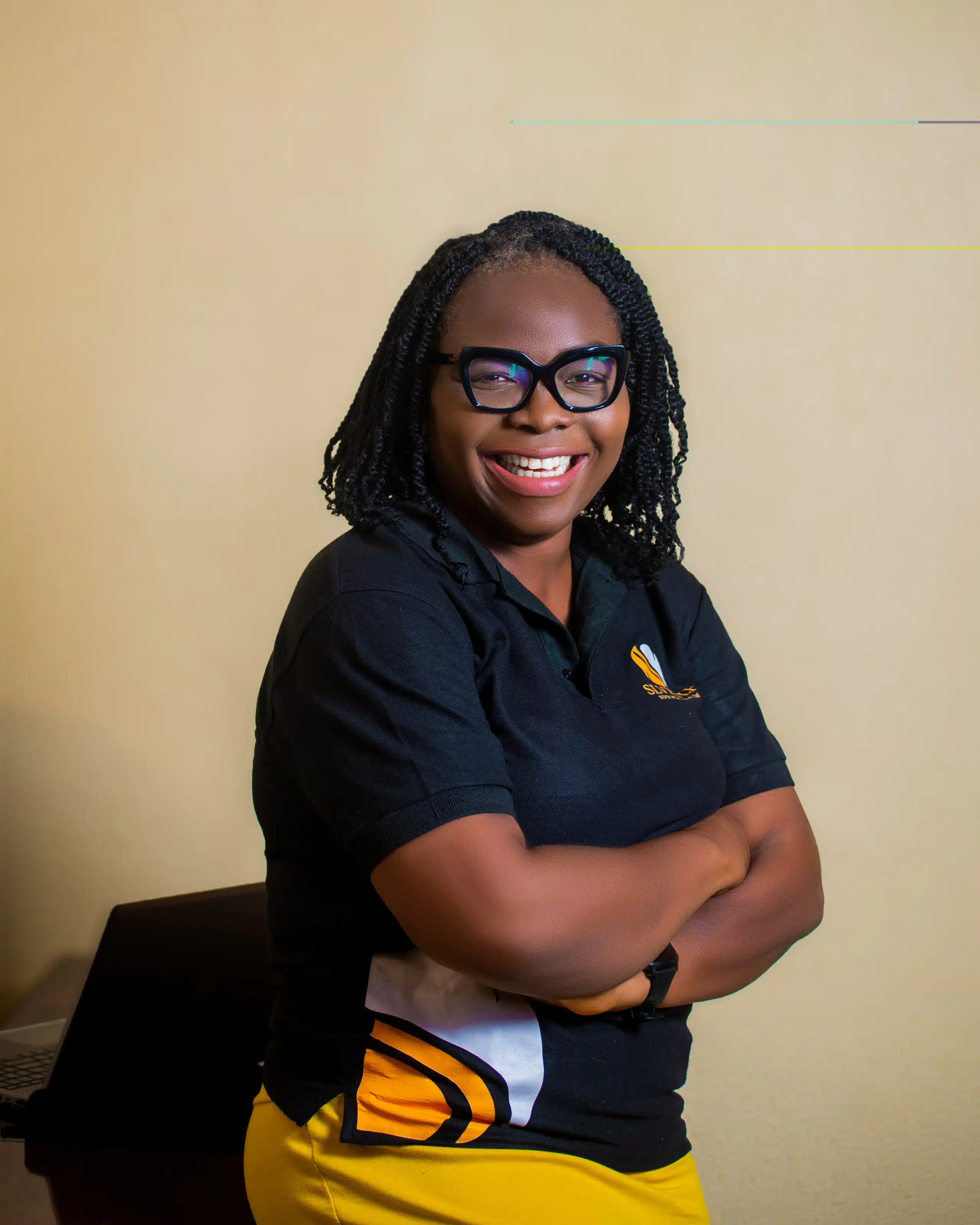Political commentators insist that voters’ candidate preference is influenced by two variables: their partisan feelings and their feelings towards the candidates. Various researchers have shown that the personality profile of candidates provides ready-to-use cues for voters to gauge what they can expect from a given candidate if elected. We have seen this happen in Nigeria. As long as voters’ feelings towards candidates remains a strong variable for voting, there is a need for each political candidate to build their brand. In this post, we will be talking about how political candidates can use social media to build their brands.
What is Political Branding?
A candidate’s political brand is the overall image, feeling or impression that the public has towards their candidacy. While most political candidates know that branding is important, they often tie their branding to their political parties. But, while a candidate’s political party should play a role in their branding, their individuality – what they stand for – must always shine through.
It is this perception that will effortlessly unite people to support their cause, share their beliefs and buy into their vision. Political branding is a tool to establish trust, build relationships and promote collaborative effort with the electorate. Remember, you can be a politician and not have a brand.
How to Build a Political Brand
As far as Nigerian voters are concerned, a political candidate is a product that needs to be branded. Without political brand identity, your political campaign in 2023 will lack social credibility. The most established way to build this credibility is through an active social media presence.
With an active social media presence, a political candidate can apply elemental branding basics to their political strategy. By being consistent, they can project a tone, voice, identity, purpose, and image that appeals to the emotions of the masses and gathers their support. Social media is the most useful tool for a candidate to get their message across to the target audience.
Why Political Candidates Need to Incorporate Social Media into their Branding Strategy
Politicians often say elections are not won on social media. But they acknowledge the role of social media in shaping conversations and perceptions which eventually play a significant role in determining voting patterns. Although the Nigerian average voter turnout was less than 50% in the last elections (about the same as the preceding election), what candidates should see from this pattern is that they cannot afford a passive social media presence.
The winner of the presidential elections of 2019 has just a little over 15 million votes while Nigeria has 33 million active social media users. These social media users are running enlightenment campaigns on INEC voter registration, sifting through political manifestos, campaign promises and public speeches the same way online shoppers sift through various products on e-commerce stores.
The times have changed. With the 2023 elections approaching, voters are already putting in the effort to learn about political brand identities in order to decide whether or not to vote, and which political candidates and parties to support. A lot of information is already being shared. If you are not controlling the narrative around your political aspiration through an active social media presence, you are already losing the plot.
Utilising Social Media for Political Branding
There has never been a time when politicians and voters were as connected as in the social media age. But this doesn’t always turn out well for political brands who hop on social media without a strategy. Here are tips for building a successful and active social media presence:
- Clearly define and understand your political brand before you announce your political ambition. You are already too late if your plan is a figure-it-out-as-you-go strategy. As a political aspirant, you either hit the ground running or you are out from the start.
- Create a political social media strategy that includes goals, a social media calendar, a budget, prospective partners and influencers, and a plan for paid social media efforts.
- Study and understand your campaign audience. Politics is personal. Consequently, it is more about how you make people feel than any other thing. You need to know the needs, expectations and behaviours of the people you’re trying to lead to win the 2023 election.
- Have a separate campaign account in addition to your personal social media account. While the accounts may post similar content at times, ensure the distinction is clear, especially when you post on Facebook.
- What kind of content do you plan to post? Would the account strictly be about political programmes or will it include some personal information? It is advisable to humanise your social media presence because people crave the ‘human’ touch on social media.
- Monitor your social media accounts and interact with the people engaging with you. However, be courteous and respectful about all your interaction. Remember that you are a brand. Avoid trolling or ‘dragging’ your audience.
- Pay attention to trends on political issues and be abreast of what your political opponents are doing or saying. You can engage them on issues, but do not be rash. Do your research and know your subject matter to avoid misinforming the people.
- Whether or not your political branding strategy will pick up steam on social media depends on your team. Assemble a social media team with the right political expertise to manage your social media accounts by creating content, responding to comments, and growing your social media following. Remember to define their level of authorisation.
What Social Media Platforms Should You Be On And Why?
As a political candidate in Nigeria, your target audience is likely to be fragmented among various social media platforms. While the default accounts to open for politics are Twitter and Facebook, do not make the mistake of excluding the “younger” social platforms like Snapchat and TikTok.
Since no particular platform dominates the Nigerian political scene, you should cross-post and repurpose your content so no one is left behind. Scheduling and publishing tools like the Creator Studio, Tweetdeck and Hootsuite can help you perform this task. Pay attention to your posting time to optimise your content for greater visibility.
Summary
Political branding is about presenting yourself in a way that appeals to the masses. This requires an intimate understanding of what they want and how they expect you to meet their needs. Do you aim to hold a political office in 2023? Why not book a consultation and let us talk about your social media strategy?


Meet Abigail Anaba—your go-to expert for mastering digital strategy. With a postgraduate award in Creating Strategic Advantage from Warwick University, Abigail transforms complex digital challenges into clear, actionable insights. Her unique blend of storytelling and journalistic precision not only makes her strategies engaging and relatable but also drives real results.


Pingback: #NigeriaDecides2023: How to Use Social Media to Mobilise Nigerian Voters | Digital Agency | Ibadan